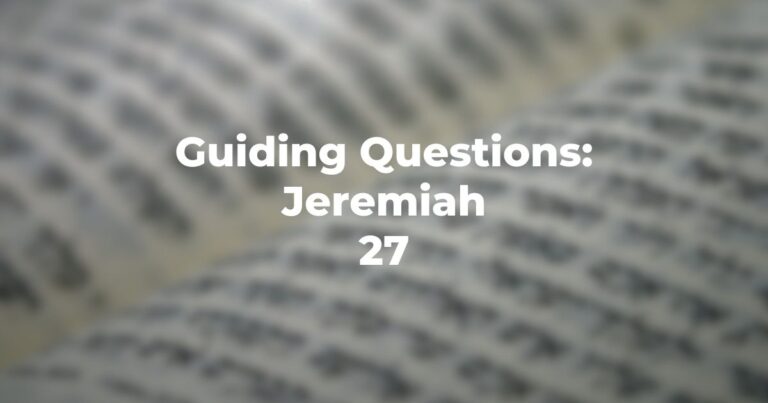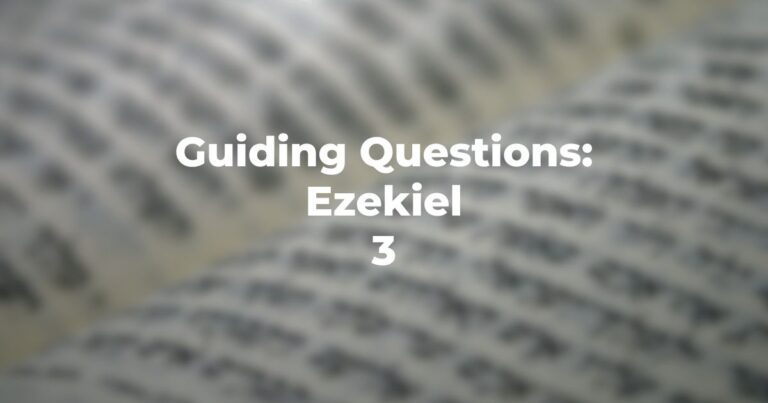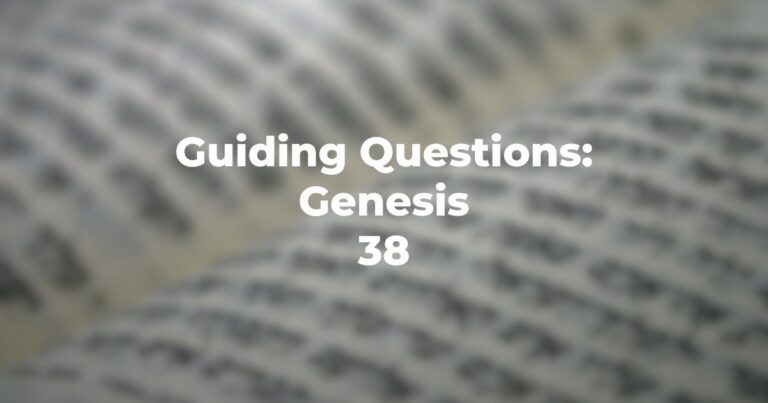- What does “Elohim” mean in the context of Exodus 7:1?
- And, what does “your Navi” mean in this sentence?
- How does “hardening Pharaoh’s heart” (Exodus 7:3) relate to the notion that the human has “free will” in decision making; does this posit pre-destination rather than free choice?
- Do Exodus 7:4-5 serve as explaining the “reason” for the “hardening?”
- In Exodus 7:8 what new “signs” are provided to “impress” Pharaoh as to the power of Moses and Aaron?
- In Exodus 7:13, does text indicate “God strengthening” or Pharaoh himself — and are the words “aksheh” (Exodus 7:3) and “va’yehezak” quite the same, basically?
- Pharaoh’s daughter goes to the Nile in the morning and as does Pharaoh – is there some custom here (other than simple lavation)?
- Why “God of the Habiru”; why not God of (B’nai) Yisrael? (Exodus 7:16)
- How do Exodus 7:17-21 relate to one another — repetition for emphasis or …?
- And, what water did the Ivrim drink?
- Was the phenomenon replicatable (Exodus 7:22)?
- Does text read that Moses did what Exodus 7:26 states?
Author
-

Exploring Judaism is the digital home for Conservative/Masorti Judaism, embracing the beauty and complexity of Judaism, and our personal search for meaning, learning, and connecting. Our goal is to create content based on three core framing: Meaning-Making (Why?), Practical Living (How?), and Explainers (What?).
View all posts




